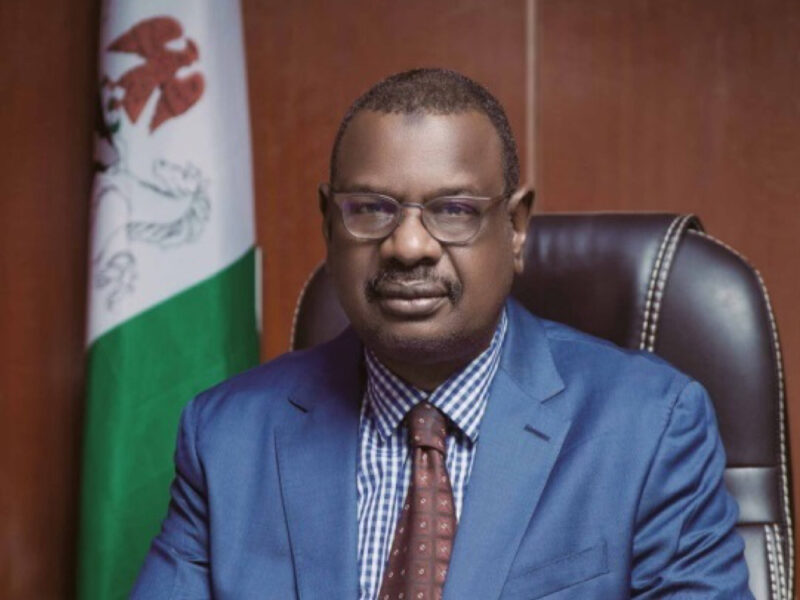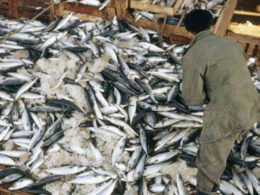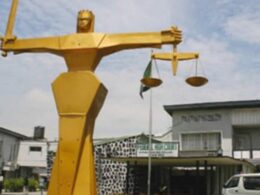“While some Nigerians do receive 24-hour power supply, this is not the case for everyone. Those in Band A enjoy between 20 to 22 hours of electricity daily.” – Managing Director, TCN, Sule Abdulaziz
Abuja, Nigeria – In a recent interview on Channels TV’s Politics Tonight program, Sule Abdulaziz, the Managing Director and CEO of the Transmission Company of Nigeria (TCN), announced that Nigeria provides 24-hour electricity to neighboring countries such as Togo and Benin, despite ongoing discussions regarding a recent power grid failure within the country.
Abdulaziz highlighted that, “We supply Togo, Benin, and Niger with power on a continuous basis, and they are paying for it.” When questioned about the reason many Nigerians do not have uninterrupted electricity, he clarified, “While some Nigerians do receive 24-hour power supply, this is not the case for everyone. Those in Band A enjoy between 20 to 22 hours of electricity daily.”
According to a report, customers are categorized into different bands: Band A receives priority with 20 to 24 hours of electricity, Band B gets about 16 to 20 hours, and Band C has access to 12 to 16 hours daily.
Abdulaziz expressed a hopeful outlook, stating that a consistent electricity supply across Nigeria could be achieved in less than five years. He noted, “The new minister is actively addressing the challenges and is not merely putting on a show.”
Moreover, he stressed that not all system collapses can be attributed to the TCN, as issues may arise from generation, transmission, distribution, or even disasters. “A system collapse doesn’t automatically mean TCN is at fault. The TCN is responsible for managing the grid, but problems can originate from various sources,” he explained.
In discussing the previous National Electric Power Authority (NEPA), Abdulaziz underscored the distinction, saying, “People need to differentiate between TCN and NEPA. When we operated as NEPA, we were responsible for generation, transmission, distribution, and marketing. Now, we focus solely on transmission, but issues may still arise from generation or distribution sectors. Many people mistakenly believe TCN is synonymous with NEPA and hold us accountable.”
Abdulaziz also pointed out significant infrastructure challenges, revealing that much of the equipment used by the TCN is over five decades old. “Most of the equipment we use is over 50 years old,” he remarked.
On the subject of electricity costs, he opined that electricity in Nigeria remains relatively affordable. “People perceive electricity as expensive in Nigeria because they are accustomed to lower prices. When compared to other African nations like Burkina Faso, Senegal, and Niger, our electricity is cheaper,” he concluded.







![[VIDEO] Nigerian woman tears husband’s passport after returning from abroad woman tears husband’s passport after returning from abroad](https://reportafrique.com/wp-content/uploads/2024/08/EA4B63B2-EC35-40C4-B0F9-B540DB38452E-260x195.jpeg)


Join our Channel...